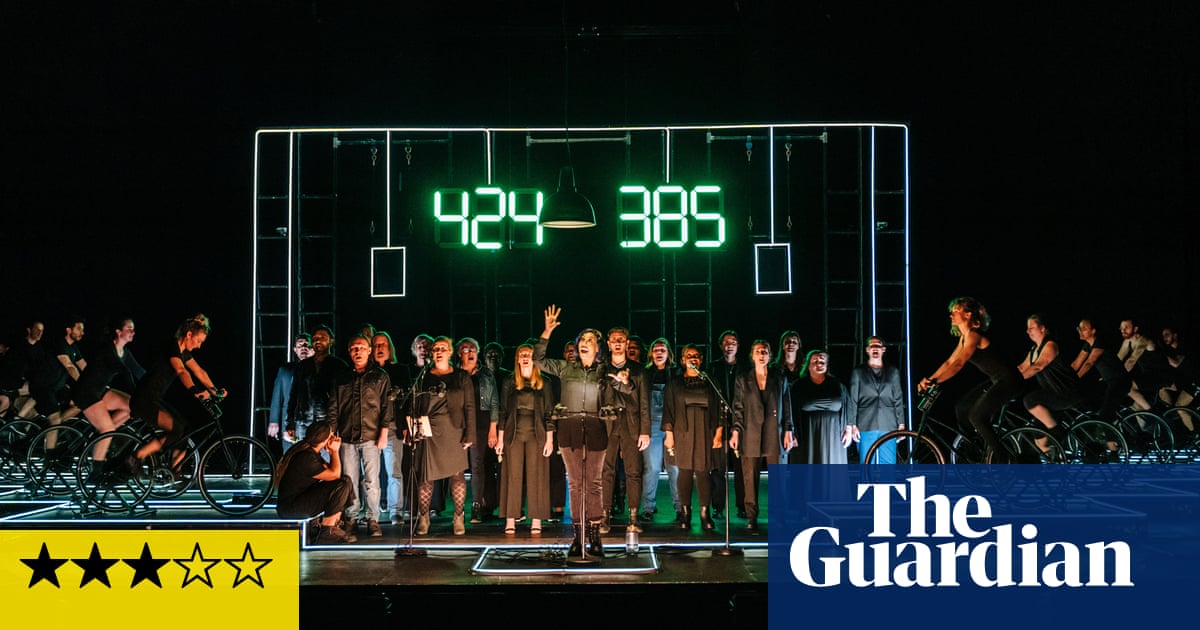
atching the last rays of a low sun on the seats at Epidaurus, hearing the bustle of excited theatre-goers as they arrive, it’s hard not to be moved. People have been attending plays here for more than 2,300 years. As theatres struggle to survive, Epidaurus has a better chance than most – partly because it is outdoors and partly because its vast size makes social distancing relatively easy. Happily, it is also sacred to Asclepius, the ancient Greek god of healing.
Directed by Dimitris Lignadis, artistic director of the National Theatre of Greece, Persians by Aeschylus is the first production to be live-streamed from Epidaurus. It’s hugely appropriate: Persians is the earliest tragedy we have (it was first produced in 472BC) and it is theatrically innovative: multiple actors and performed dialogue were new inventions back in Aeschylus’ day. It is also the only Greek tragedy to tell a story from recent history: the Battle of Salamis in 480BC.
In addition to all that, it is a triumph of empathy. Aeschylus had fought at Salamis, as had many of the men in the original audience. Yet he chose to tell the story from the perspective of the Persians, particularly the Persian queen waiting for her son, Xerxes, to come home.
Queen Atossa (a steely, devastated Lydia Koniordou) has had a terrible dream about Xerxes, and fears a portent. When a distraught messenger (the intensely physical Argyris Pandazaras) arrives with news from Salamis, he tells of disastrous Persian losses. The ghost of Darius, Atossa’s late husband, lays the blame on their son for his hubris.
The chorus of Persians sing and dance, listen and react throughout. The wooden staff each man holds is a spear one moment, an oar the next. The staging is clean and striking, the costumes covered in embroidery of Aeschylus’ text. All of the lettering is black, except on Xerxes’s shirt: it drips red and unfinished, like viscera.
The play would have reminded its original Athenian audience that even a mighty power could be brought low by excessive confidence. No wonder it seems relevant for 2020. Lignadis promised his audience that they could find theatre’s beating heart in Epidaurus tonight. He was absolutely right.












